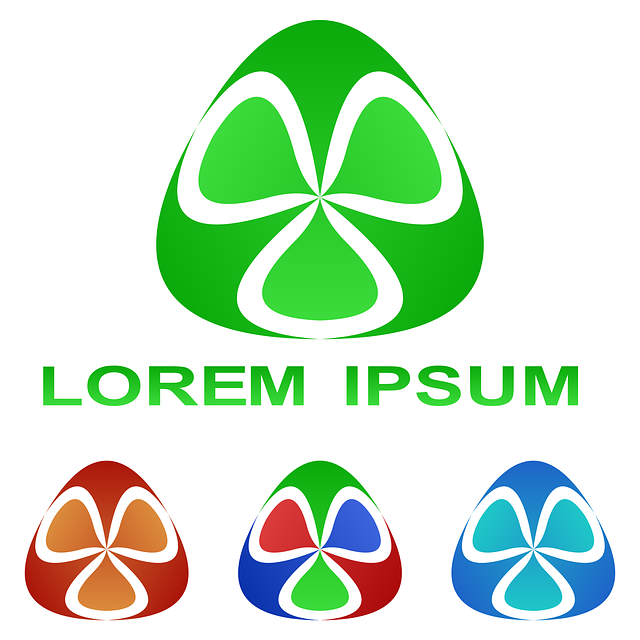Article By : Nitin Dahad
A medical scare prompts a reappraisal of health technology. For now, at least, smart technology can’t match the experience of humans.
Last evening, I almost stopped breathing due to a severe allergic reaction. I struggled for almost an hour to breathe. It was only thanks to the quick reactions of friends around me that I managed to get through it without significant consequence. One friend called 999 (the U.K. equivalent of 911 in the U.S.), the other managed to find anti-allergic tablets he happened to have in his car.
Paramedics arrived within 10 minutes, and the quick thinking of the friend who’d given me a tablet helped revive my breathing. The emergency medical staff left only after my breathing and other vital signs had stabilized.
Recovering from the shock of the experience and having had time to reflect on what would have happened had my friends not been so quick to act, I wondered if the technology we write about every day could have helped me. My conclusion: Perhaps technology wouldn’t be so quick as humans to identify a medical emergency – at least not yet.
That’s because the allergic reaction took effect quite rapidly – within minutes I experienced extremely itchy eyes that become very irritated and red, a streaming nose, followed by difficulty breathing. My eyes puffed up like shopping bags, as my doctor jokingly described them, since they were still swollen more than 12 hours after the reaction.
There are of course wearable devices with sensors to monitor vital signs, some with processing and AI capabilities that can chart patterns over time so that any anomalies can trigger alerts. In my case, friends saw my eyes swell up within minutes while I gasped for air. Unlike a device, they were able to take immediate and relevant action.
What do I mean by relevant action? Algorithms incorporated into a device may be programmed to take specific actions but may not necessarily address all possible causes or actions to address them. Humans experience many more scenarios than those programmed into a device. Hence a human observer won’t be as limited in his or her choice of actions. Indeed, device technology might only be capable of addressing a limited number of scenarios.
I do not dismiss health technology. Instead, we should consider both its usefulness and (current) limitations. There is no doubt that smart, wearable health tech will be a huge market opportunity for device developers and manufacturers. One need only note how far Apple and …….
Source: https://www.eetasia.com/man-vs-technology-who-wins-in-health-tech/
